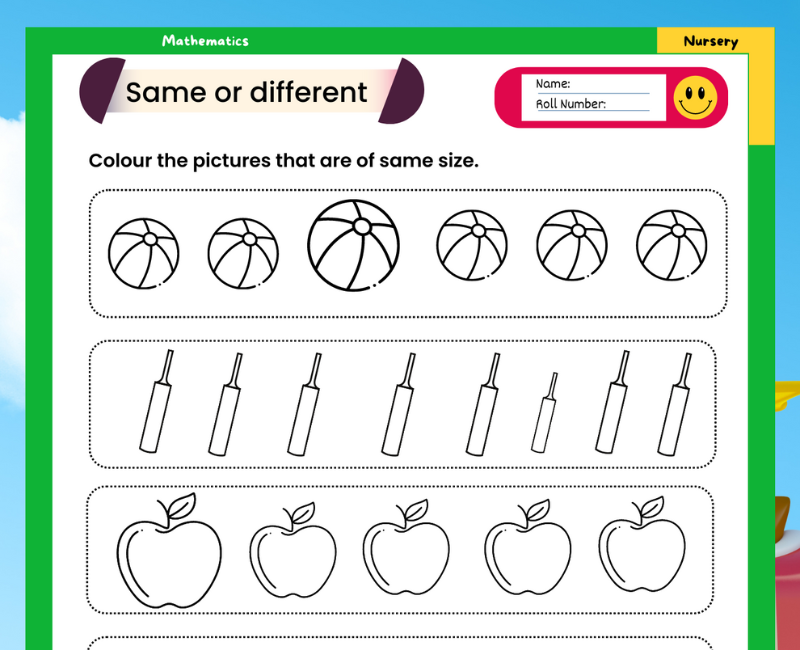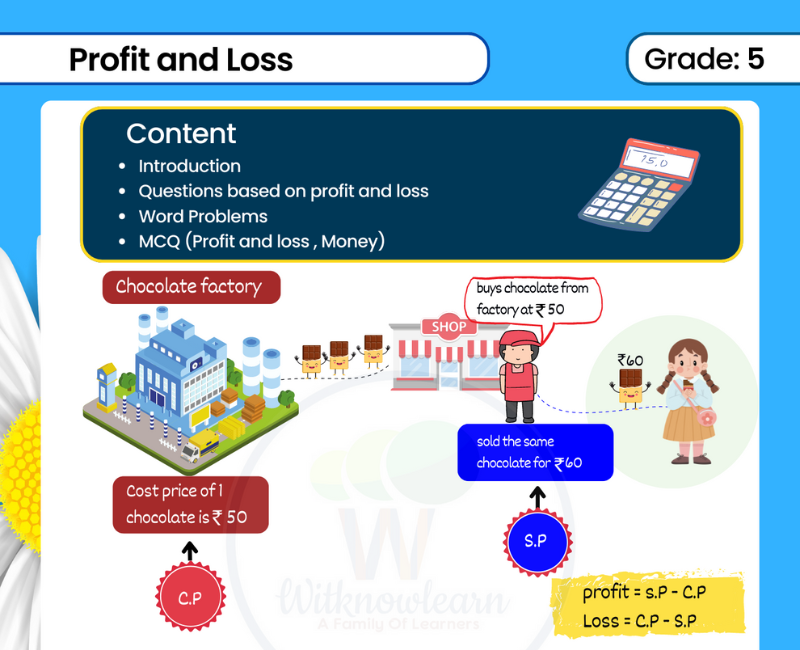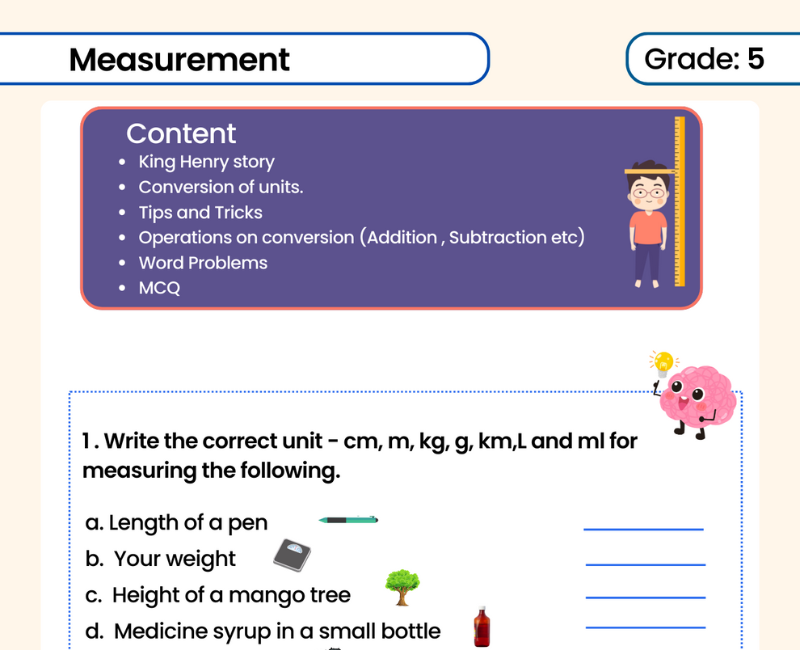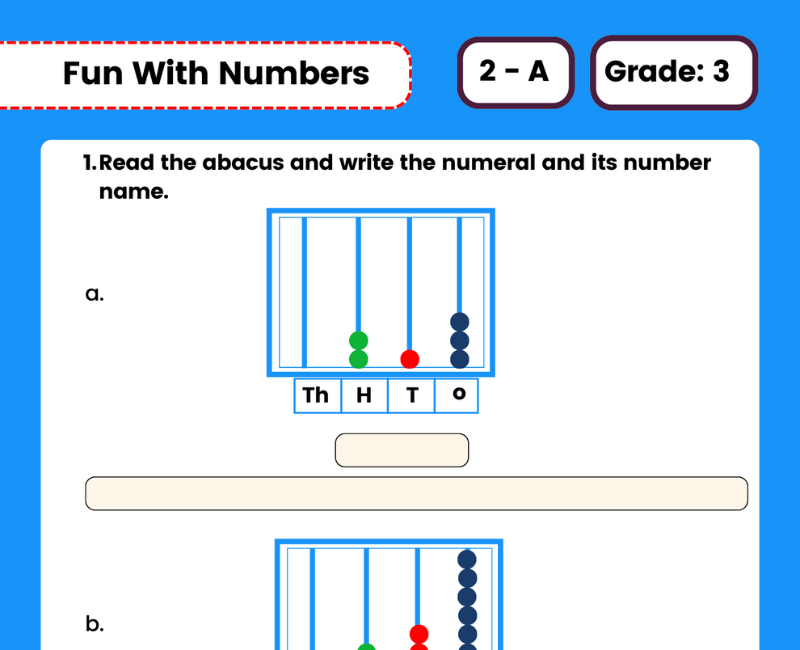Vakh Class 9 Worksheet with Answers
Immerse yourself in the profound poetic world of Vakh Class 9, where each verse unfolds with wisdom, invoking deep contemplation and connection with the self. Positioned within the Class 9 Hindi syllabus, this chapter is not merely an academic requirement but a doorway to exploring the depths of philosophical thought and spiritual inquiry. The spiritual verses, or 'vaakhs', composed by the mystic poetess of Kashmir, offer a profound insight into the essence of life and the universe, making Vakh Class 9th a truly transformative experience for young learners.
Understanding Vakh Class 9 is akin to embarking on a journey towards inner awakening. To facilitate this enlightening voyage, educators have carefully crafted resources like Vakh Class 9 worksheet with answers, aimed at guiding students through the intricate layers of meaning that each vakh holds. These worksheets are more than just a learning tool; they are a bridge connecting young minds to the profound wisdom encapsulated in the verses.
The inclusion of Vakh Class 9 MCQ and Vakh Class 9 Extra questions and answers amplifies the learning, pushing students to delve deeper into the conceptual underpinnings of the chapter. These meticulously designed resources challenge students to critically engage with the text, enhancing their comprehension and analytical skills. Furthermore, the worksheet on Vakh Class 9 serves as an excellent platform for revision and self-assessment, ensuring a thorough grasp of the poem's essence.
The Vakh Class 9 explanation unfolds each verse with meticulous care, shedding light on the poetess's profound visions and the universal truths she espouses. The Class 9 Hindi Chapter 10 Vakh meaning is dissected with precision, enabling students to grasp the philosophical nuances and the rich cultural heritage that the poem represents. Through the Vakh Class 9 question answer sessions, students are encouraged to articulate their understandings, interpretations, and reflections, fostering a deeper, personal connection with the text.
Moreover, the Vakh Class 9 Hindi explanation and Vakh Class 9 Hindi question answer offer a comprehensive insight into the linguistic and thematic beauty of the verses, making the complex ideas accessible to young learners. The Class 9 CH Vakh question answer further cements the learning, ensuring that students carry with them not just the answers for their exams, but the timeless wisdom that the Vakh imparts.
Vakh Class 9 transcends the traditional boundaries of education, opening up a world where literature and spirituality converge to inspire, enlighten, and transform. It's an experience that not only enriches the mind but also nourishes the soul, preparing students for a thoughtful engagement with the world and themselves.
vakh class 9 hindi explanation
रस्सी कच्चे धागे की खींच रही मैं नाव
जाने कब सुन मेरी पुकार,करें देव भवसागर पार,
पानी टपके कच्चे सकोरे ,व्यर्थ प्रयास हो रहे मेरे,
जी में उठती रह-रह हूक,घर जाने की चाह है घेरे।
व्याख्या – प्रस्तुत पंक्तियों में कवयित्री ने नाव की तुलना अपने जिंदगी से करते हुए कहा है की वे इसे कच्ची डोरी यानी साँसों द्वारा चला रही हैं। वह इस इंतज़ार में अपनी जिंदगी काट रहीं हैं की कभी प्रभु उनकी पुकार सुन उन्हें इस जिंदगी से पार करेंगे। उन्होंने अपने शरीर की तुलना मिट्टी के कच्चे ढांचे से करते हुए कहा की उसे नित्य पानी टपक रहा है यानी प्रत्येक दिन उनकी उम्र काम होती जा रही है। उनके प्रभु-मिलन के लिए किये गए सारे प्रयास व्यर्थ होते जा रहे हैं, उनकी मिलने की व्याकुलता बढ़ती जा रही है। असफलता प्राप्त होने से उनको गिलानी हो रही है, उन्हें प्रभु की शरण में जाने की चाहत घेरे हुई है।
खा खा कर कुछ पाएगा नहीं,
न खाकर बनेगा अहंकारी,
सम खा तभी होगा समभावी,
खुलेगी साँकल बन्द द्वार की।
व्याख्या – इन पंक्तियों में कवियत्री ने जीवन में संतुलनता की महत्ता को स्पष्ट करते हुए कहा है की केवल भोग-उपभोग में लिप्त रहने से कुछ किसी को कुछ हासिल नही होगा, वह दिन-प्रतिदिन स्वार्थी बनता जाएगा। जिस दिन उसने स्वार्थ का त्याग कर त्यागी बन गया तो वह अहंकारी बन जाएगा जिस कारण उसका विनाश हो जाएगा। अगले पंक्तियों में कवियत्री ने संतुलन पे जोर डालते हुए कहा है की न तो व्यक्ति को ज्यादा भोग करना चाहिए ना ही त्याग, दोनों को बराबर मात्रा में रखना चाहिए जिससे समभाव उत्पन्न होगा। इस कारण हमारे हृदय में उदारता आएगी और हम अपने-पराये से उठकर अपने हृदय का द्वार समस्त संसार के लिए खोलेंगे।
आई सीधी राह से ,गई न सीधी राह,
सुषुम सेतु पर खड़ी थी, बीत गया दिन आह।
ज़ेब टटोली कौड़ी ना पाई
माँझी को दूँ क्या उतराई।
व्याख्या – इन पंक्तियों में कवियत्री ने अपने पश्चाताप को उजागर किया है। अपने द्वारा पमात्मा से मिलान के लिए सामान्य भक्ति मार्ग को ना अपनाकर हठयोग का सहारा लिया। अर्थात् उसने भक्ति रुपी सीढ़ी को ना चढ़कर कुण्डलिनी योग को जागृत कर परमात्मा और अपने बीच सीधे तौर पर सेतु बनाना चाहती थी। परन्तु वह अपने इस प्रयास में लगातार असफल होती रही और साथ में आयु भी बढती गयी। जब उसे अपनी गलती का अहसास हुआ तब तक बहुत देर हो चुकी थी और उसकी जीवन की संध्या नजदीक आ गयी थी अर्थात् उसकी मृत्यु करीब थी। जब उसने अपने जिंदगी का लेख जोखा कि तो पाया कि वह बहुत दरिद्र है और उसने अपने जीवन में कुछ सफलता नहीं पाया या कोई पुण्य कर्म नहीं किया और अब उसके पास कुछ करने का समय भी नहीं है। अब तो उसे परमात्मा से मिलान हेतु भक्ति भवसागर के पार ही जाना होगा। पार पाने के लिए परमात्मा जब उससे पार उतराई के रूप में उसके पुण्य कर्म मांगेगे तो वह ईश्वर को क्या मुँह दिखाएगी और उन्हें क्या देगी क्योंकि उसने तो अपनी पूरी जिंदगी ही हठयोग में बिता दिया। उसने अपनी जिंदगी में ना कोई पुण्य कर्म कमाया और ना ही कोई उदारता दिखाई। अब कवियित्री अपने इस अवस्था पर पूर्ण पछतावा हो रहा है पर इससे अब कोई मोल नहीं क्योकि जो समय एक बार चला जाता है वो वापिस नहीं आता। अब पछतावा के अलावा वह कुछ नहीं कर सकती।
थल थल में बसता है शिव हीभेद न कर क्या हिन्दू मुसलमाँ,
ज्ञानी है तो स्वयं को जान,
यही है साहिब से पहचान।
व्याख्या – इन पंक्तियों में कवियत्री ने बताया है की ईश्वर कण-कण में व्याप्त है, वह सबके हृदय के अंदर मौजूद है। इसलिए हमें किसी व्यक्ति से हिन्दू-मुसलमान जानकार भेदभाव नही करना चाहिए। अगर कोई ज्ञानी तो उसे स्वंय के अंदर झांककर अपने आप को जानना चाहिए, यही ईश्वर से मिलने का एकमात्र साधन है।
vakh class 9 hindi question answer
NCERT SOLUTIONS
प्रश्न-अभ्यास प्रश्न
प्रश्न 1
'रस्सी' यहाँ किसके लिए प्रयुक्त हुआ है और वह कैसी है?
उत्तर- यहाँ
रस्सी से कवयित्री का तात्पर्य स्वयं के इस नाशवान शरीर से है। उनके अनुसार यह शरीर
सदा साथ नहीं रहता। यह कच्चे धागे की भाँति है जो कभी भी साथ छोड़ देता है और इसी कच्चे
धागे से वह जीवन नैया पार करने की कोशिश कर रही है।
प्रश्न 2
कवयित्री द्वारा मुक्ति के लिए किए जाने वाले प्रयास व्यर्थ क्यों हो रहे हैं?
उत्तर- कवयित्री
के कच्चेपन के कारण उसके मुक्ति के सारे प्रयास विफल हो रहे हैं अर्थात् उसमें अभी
पूर्ण रुप से प्रौढ़ता नहीं आई है जिसकी वजह से उसके प्रभु से मिलने के सारे प्रयास
व्यर्थ हैं। वह कच्ची मिट्टी के उस बर्तन की तरह है जिसमें रखा जल टपकता रहता है और
यही दर्द उसके हृदय में दु:ख का संचार करता रहा है, उसके प्रभु से उसे मिलने नहीं दे
रहा।
प्रश्न 3
कवयित्री का ‘घर जाने की चाह’ से क्या तात्पर्य है?
उत्तर- कवयित्री
का घर जाने की चाह से तात्पर्य है प्रभु से मिलना। कवयित्री इस भवसागर को पार करके
अपने परमात्मा की शरण में जाना चाहती है।
प्रश्न 4
भाव स्पष्ट कीजिए–
i.
जेब टटोली कौड़ी न पाई।
ii.
खा-खाकर कुछ पाएगा नहीं,
न खाकर बनेगा
अंहकारी।
उत्तर-
i.
कवयित्री कहती है कि इस संसार
में आकर वह सांसारिकता में उलझकर रह गयी और जब अंत समय आया और जेब टटोली तो कुछ भी
हासिल न हुआ अब उसे चिंता सता रही है कि भवसागर पार करानेवाले मांझी अर्थात् ईश्वर
को उतराई के रूप में क्या देगी।
ii.
प्रस्तुत पंक्तियों में कवयित्री
मनुष्य को ईश्वर प्राप्ति के लिए मध्यम मार्ग अपनाने को कह रही है। कवयित्री कहती है
कि मनुष्य को भोग विलास में पड़कर कुछ भी प्राप्त होने वाला नहीं है। मनुष्य जब सांसारिक
भोगों को पूरी तरह से त्याग देता है तब उसके मन में अंहकार की भावना पैदा हो जाती है।
अत:भोग त्याग, सुख-दुःख के मध्य का मार्ग अपनाने की बात यहाँ पर कवयित्री कर रही है।
प्रश्न 5
बंद द्वार की साँकल खोलने के लिए ललद्यद ने क्या उपाय सुझाया है?
उत्तर- कवयित्री
के अनुसार ईश्वर को अपने अन्त:करण में खोजना चाहिए। जिस दिन मनुष्य के हृदय में ईश्वर
भक्ति जागृत हो गई अज्ञानता के सारे अंधकार स्वयं ही समाप्त हो जाएँगे। जो दिमाग इन
सांसारिक भोगों को भोगने का आदी हो गया है और इसी कारण उसने ईश्वर से खुद को विमुख
कर लिया है, प्रभु को अपने हृदय में पाकर स्वत: ही ये साँकल (जंजीरे) खुल जाएँगी और
प्रभु के लिए द्वार के सारे रास्ते मिल जाएँगे। इसलिए सच्चे मन से प्रभु की साधना करो,
अपने अन्त:करण व बाह्य इन्द्रियों पर विजय प्राप्त कर हृदय में प्रभु का जाप करो, सुख
व दुख को समान भाव से भोगों। यही उपाय कवियत्री ने सुझाए हैं।
प्रश्न 6
ईश्वर प्राप्ति के लिए बहुत से साधक हठयोग जैसी कठिन साधना भी करते हैं, लेकिन उससे
भी लक्ष्य प्राप्ति नहीं होती। यह भाव किन पंक्तियों में व्यक्त हुआ है?
उत्तर- आई
सीधी राह से, गई न सीधी राह।
सुषम-सेतु
पर खड़ी थी, बीत गया दिन आह!
जेब टटोली,
कौड़ी न पाई।
माझी को दूँ,
क्या उतराई?
प्रश्न 7
‘ज्ञानी’ से कवयित्री का अभिप्राय है?
उत्तर- यहाँ
कवयित्री ने ज्ञानी से अभिप्राय उस ज्ञान को लिया है जो आत्मा व परमात्मा के सम्बन्ध
को जान सके ना कि उस ज्ञान से जो हम शिक्षा द्वारा अर्जित करते हैं। कवयित्री के अनुसार
भगवान कण-कण में व्याप्त हैं पर हम उसको धर्मों में विभाजित कर मंदिरों व मस्जिदों
में ढूँढते हैं। जो अपने अन्त:करण में बसे ईश्वर के स्वरुप को जान सके वही ज्ञानी कहलाता
है और वहीं उस परमात्मा को प्राप्त करता है। तात्पर्य यह है कि ईश्वर को अपने ही हृदय
में ढूँढना चाहिए और जो उसे ढूँढ लेते हैं वही सच्चे ज्ञानी हैं।
रचना और अभिव्यक्ति प्रश्न
प्रश्न 1
हमारे संतों, भक्तों और महापुरुषों ने बार-बार चेताया है कि मनुष्यों में परस्पर किसी
भी प्रकार का कोई भेदभाव नहीं होता, लेकिन आज भी हमारे समाज में भेदभाव दिखाई देता
है–
i.
आपकी दृष्टि में इस कारण देश
और समाज को क्या हानि हो रही है?
ii.
आपसी भेदभाव को मिटाने के लिए
अपने सुझाव दीजिए।
उत्तर-
i.
समाज में व्याप्त भेदभाव के
कारण निम्न हानियों हो रही है–
· हिंदू मुस्लिम का झगड़ा इसी भेदभाव की उपज है जिसके परिणाम स्वरूप भारत पाकिस्तान
दो देश बने।
· भेदभाव के कारण ही उच्च और निम्न वर्ग में सामंजस्य स्थापित नहीं हो पाता।
· पर्वों के समय अनायास झगड़े की स्थिति उत्पन्न हो जाती है।
· आपसी भेदभाव के कारण ही एक वर्ग दूसरे वर्ग को संदेह और अविश्वास की दृष्टि
से देखता है।
· भेदभाव की उपज से अलगाववाद, उग्रवाद जैसी सामाजिक समस्याएँ पैदा होती है।
ii.
आपसी भेदभाव को मिटाने के लिए
निम्न सुझाव अपनाए जा सकते हैं–
· आपसी भेदभाव को मिटाने के लिए सबसे पहले उन बातों की चर्चा ही न करें जिससे
यह भेदभाव उपजता हो।
· सरकार अपनी नीतियों के द्वारा आपसी जाति भेदभाव को बढ़ावा न दें।
· राजनैतिक दल अपनी स्वार्थ पूर्ति के लिए लोगों की धार्मिक भावनाओं का सहारा
न ले।
· नौकरियों, शिक्षा तथा अन्य किसी भी सरकारी योजनाओं में आरक्षण को बढ़ावा न देकर
योग्यता को आधार बनाना चाहिए।
· स्कूली पाठ्यक्रम भी एकता समता पर आधारित हों।





